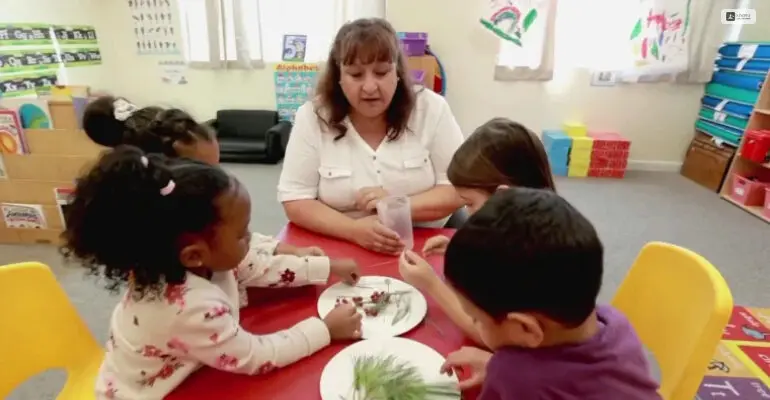
The termination of federal childcare funding has ramifications that extend far beyond parents with young children. While the issue may seem limited in scope, its impact resonates throughout society, affecting not only families but also the workforce, the economy, and the overall well-being of communities.
Child care plays a pivotal role in the labor force. Without accessible and affordable childcare options, many parents, particularly mothers, are forced to make the difficult decision between their careers and caregiving responsibilities. This can lead to a reduced workforce participation rate, hindering economic growth and productivity.
Moreover, ending federal childcare funding can exacerbate income inequality. Lower-income families often struggle the most to secure reliable child care, and a lack of support disproportionately affects them. Access to quality early childhood education is essential for children’s development, and when funding is reduced, it can limit opportunities for underprivileged children, perpetuating a cycle of disadvantage.
The broader community is also affected as businesses grapple with absenteeism and reduced productivity due to childcare challenges. These ripple effects can lead to higher costs for employers and reduced economic stability.
Furthermore, childcare facilities and providers rely on federal funding to maintain high standards of care and safety. Cuts in funding may lead to compromised quality, potentially endangering the well-being of children in care.
In conclusion, the end of federal childcare funding is a matter that impacts us all. It’s a matter of gender equality, economic stability, educational equity, and community well-being. Regardless of whether you have young children, the consequences of this decision are far-reaching and warrant attention from policymakers and citizens alike. It’s a matter of building a stronger, more inclusive society for everyone.
Read Also:


